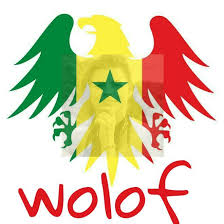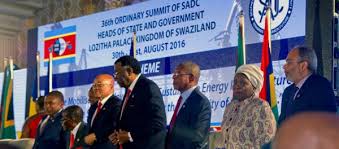Senegal, long considered a bastion of Francophonie in West Africa, is experiencing a significant linguistic shift. While French remains the official language, its influence is waning in favor of Wolof, the most widely spoken local language. This change is evident not only in everyday life but also in government offices, universities, and mainstream media.
The trend reflects a desire among Senegalese to assert their cultural identity and distance themselves from colonial heritage. Out of Senegal’s 17 million people, over 12 million speak Wolof, compared to around 4 million French speakers. The new president, Bassirou Diomaye Faye, has pledged to prioritize local languages in education, with French introduced later.
This shift aligns with a broader trend in West Africa, where nations are reevaluating their relationships with France. In Senegal, the change has been gradual but noticeable, with increasing use of Wolof in advertising, academic settings, and literature. The media revolution, particularly the introduction of Wolof programming on radio stations like Sud FM, has played a crucial role in this transition.
While proponents of Wolof envision a future where it becomes the primary language of instruction, they acknowledge the need for a balanced approach. French is still seen as a valuable language for international communication and regional cooperation.


